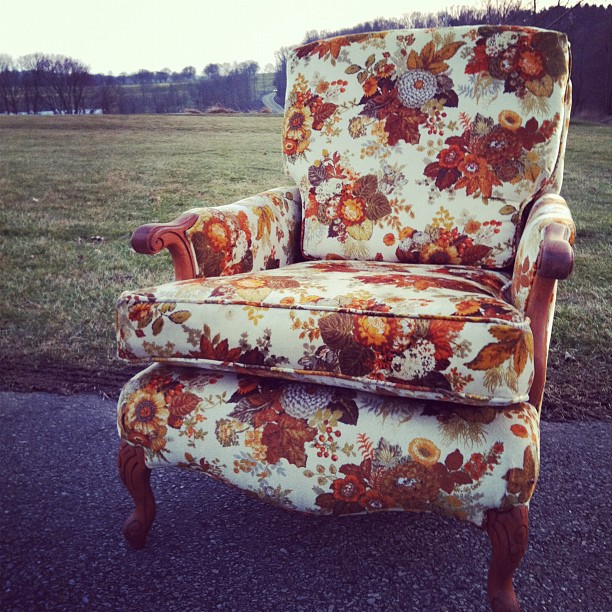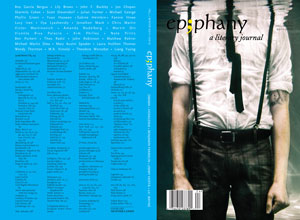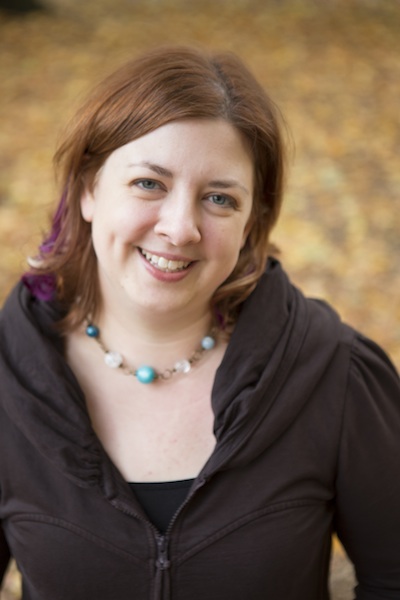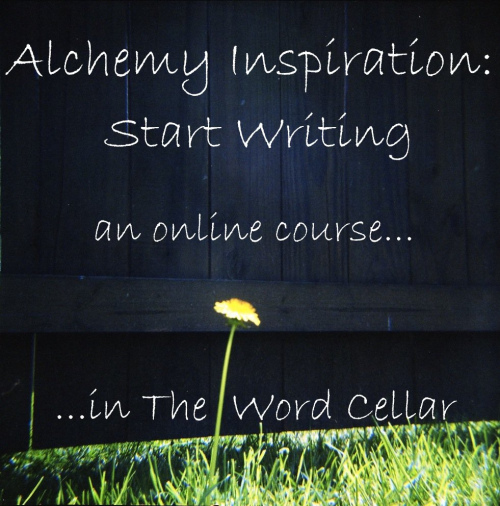
A few weeks ago I wrote about creativity and time, about such inconvenient facts as these:
Ideas don't come down the conveyor belt in perfect succession, spaced apart just so.
. . .
Creative work needs time and space to breathe.
This week I've been pondering the silence that our creative spirits need.
** ** **
Creativity craves a chapel.
"A chapel," writes Pico Iyer, "is where you can hear something beating below your heart."
This is why I need to write in silence: no music, no background chatter, not even a clock ticking too loudly. I need to be able to hear the words trying to come through me. I need the quiet so I can hear the melody of the language.
This isn't to say that one can only write in literal silence. I could, if given the chance, write to the sound of the ocean surf. I know writers who do some of their best work while sitting in a café listening to music through their headphones. For each of us, there are sounds that allow us to tap into the chapels of our creativity, sounds that enable us to hear the rhythm of our hearts and something beating below that. We need whatever version of sound or silence permits us entrance to the stories waiting for us to tell them.
Eudora Welty said it beautifully. She wrote that she hears a literal voice when she reads and when she writes.
It is the voice of the story or the poem itself. The cadence, whatever it is that asks you to believe, the feeling that resides in the printed word, reaches me through the reader-voice. I have supposed, but never found out, that this is the case with all readers ― to read as listeners ― and with all writers, to write as listeners. It may be part of the desire to write. The sound of what falls on the page begins the process of testing it for truth, for me. Whether I am right to trust so far I don’t know. By now I don’t know whether I could do either one, reading or writing, without the other.
My own words, when I am at work on a story, I hear too as they go, in the same voice that I hear when I read in books. When I write and the sound of it comes back to my ears, then I act to make my changes. I have always trusted this voice.
Welty is also known for saying that she listened for stories.
Long before I wrote stories, I listened for stories. Listening for them is something more acute than listening to them. I suppose it's an early form of participation in what goes on. Listening children know stories are there. When their elders sit and begin, children are just waiting and hoping for one to come out, like a mouse from its hole.....
I don't know how Eudora listened for her stories when she was on her own. I don't know if she sat in silence, but I know that she didn't have the same temptations I face when I sit down to write on my laptop. She may have been distracted or tempted away from the page by many things, but she never had to fend off the siren songs of the Internet.
Oh Lord, this little white box on my lap and its magical, invisible companion, WiFi. Was there ever anything so marvelous and so terrible? I love this white keyboard (and my high school typing teacher) for the gift of being able to capture my thoughts in nearly real-time. I love the connection this device gives me to the world, real connections that break the bounds of anything virtual. It is ease and comfort and connection, all wrapped up in silicone and hard drive. And yet...
I know that when I hop around the Web, watch YouTube videos, surf the TV set, I turn away and feel agitated. I go for a walk, enjoy a real conversation with a friend, turn off the lights and listen to Bach or Leonard Cohen, and I feel palpably richer, deeper, fuller, happier.
Happiness is absorption, being entirely yourself and entirely in one place. That is the chapel that we crave. ~Pico Iyer
I like the chatter. I like tweeting and updating and commenting and posting. I even believe them to be one way I feed my creative spirit. But too easily I can get caught up in the noise of it all, in the twitchy, buzzy, fuzziness that doesn't make me happy, that doesn't deepen my thoughts.
If I want to write more consistently, I know that I have to invite in the quiet that I crave. I could go for a walk, or sit in the dark listening to music, as Iyer describes. I could read. (I constantly have to remind myself that reading is part of my creative process. I think I'm still incredulous that something I love so much could be so good ― even necessary ― for my artform. But really, could it be any other way?) I could stare out the window and daydream. All of these things restore me to myself, which, in turn, restores my creativity to me.
It turns out that I need silence not only when I'm writing, but in the spaces in-between the acts of creation. The silence is part of the "time and space" that our ideas need to breathe.
I sense that I have so much more to write about this. But my cat is currently banging a kitchen cupboard door, which is his noisy way of asking for what he craves (the food inside). Also, it is late, and if there's one other thing I need as much a silence, it is sleep. And so I'll stop here, but I'd love to know: What does your creativity need? What is your kind of silence? What is your chapel?
Sources:
"A Chapel Is Where You Can Hear Something Beating Below Your Heart" by Pico Iyer, originally published in Portland, Winter 2012, reprinted in The Best Spiritual Writing 2012, Philip Zaleski, editor
One Writer's Beginnings, by Eudora Welty
{In The Word Cellar runs on the second and fourth Wednesday of the month. Read other posts in the series here.}
 Friday, May 4, 2012 at 7:01AM
Friday, May 4, 2012 at 7:01AM  cover image from Epiphany's websiteAs I mentioned in the last post, I've started a new series about literary journals. I'll offer some tips on submitting to journals and review some of the many I have stacked around my house.
cover image from Epiphany's websiteAs I mentioned in the last post, I've started a new series about literary journals. I'll offer some tips on submitting to journals and review some of the many I have stacked around my house.


